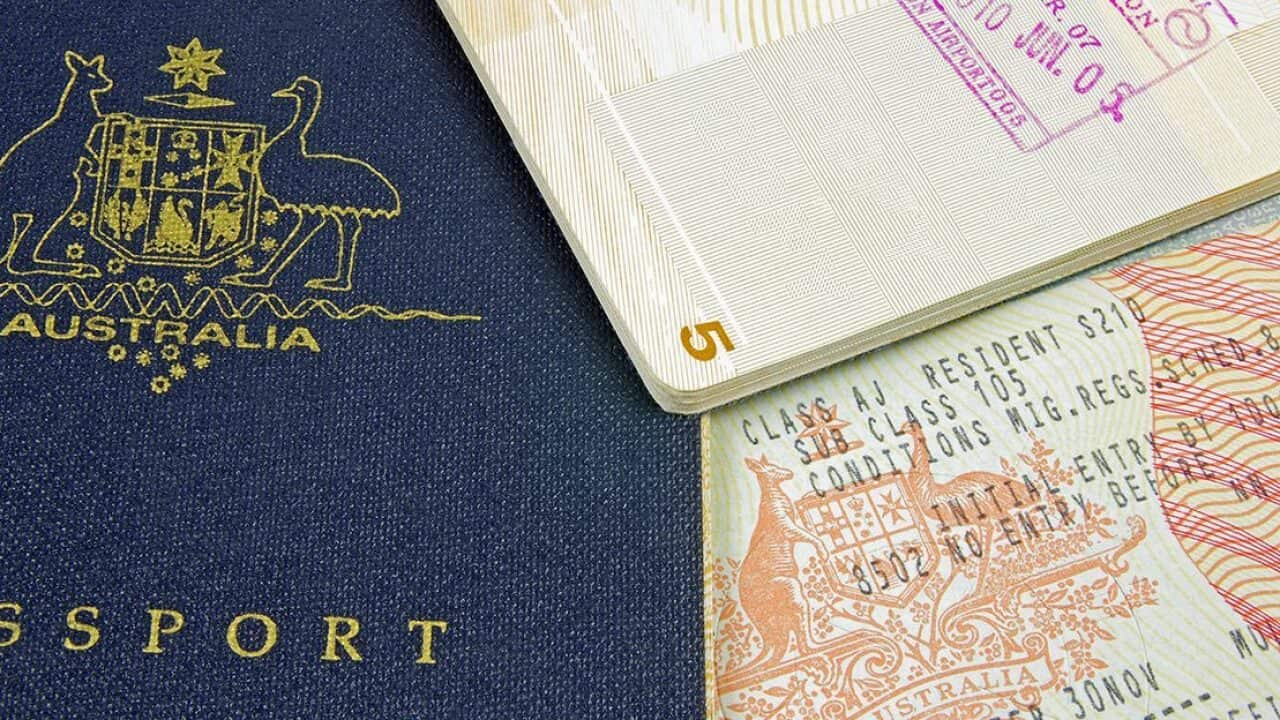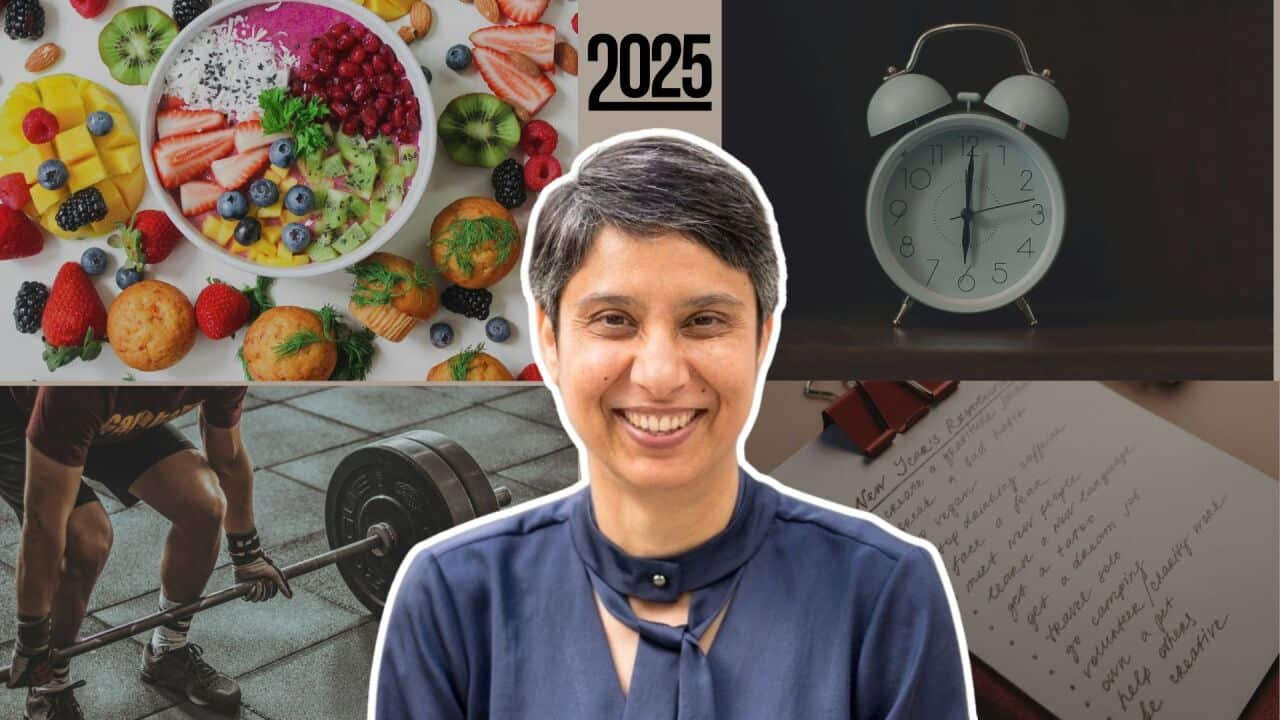From July 1 2023, the Australian Government will implement many reforms on various visa categories in Australia's migration program.
Last month, Home Affairs Minister Clare O'Neil announced significant changes to almost every visa category following a review that found that the country's current migration system needs to attract the most skilled people.
Speaking to SBS Punjabi, Perth-based migration consultant Narinder Kaur Sandhu offers insights into the changes to visas in Australia for the 2023-2024 financial year and the implications of these changes.
Here are some major changes she explained are taking place in the new financial year.
New visa fees effective from July 1
Applying for an Australian visa will become more expensive under changes announced in this year's budget.
Ms Sandhu said there will be a spike in visa application costs for many Australian visas.
"The Government will increase Visa Application Charges(VACs) by six percentage points from July 1 2023, in addition to the regular indexation," she says.
"An additional 15 percentage point increase will apply to select visitor and temporary visa subclasses, including visitor, working holiday, work and holiday, training, temporary activity, and temporary work visas."

Perth based migration consultant Narinder Kaur Sandhu. Source: Supplied
And a working holiday visa, which will affect backpackers, will be raised by $130 from $510 to $640.
"The fee increase will highly affect some of the already expensive visas, for example, partner visa," Ms Sandhu says.
"An extra 40 per cent increase will apply to business innovation and investment visas."
The increased visa charges are expected to raise $100 million in 2023–24 and $665 million over five years for the Government.
Impact on international students
The work hour cap for international student visa holders will be reinstated from July 1 2023, following its removal during the COVID-19 pandemic. However, it will be increased by 8 hours from pre-pandemic levels, taking it to 48 hours per fortnight.
"International students working in the aged care sector will be exempt from the 48-hour per fortnight work limit until December 31 2023," Ms Sandhu said.
Skilled migrants
Visa holders with Temporary Graduate Visa (subclass 485) visas whose visas expire between September 1, 2022, and July 1, 2023, can apply for an extension of their work rights.
Ms Sandhu says, "They can obtain the Covid Visa (408) for temporary activities, which grants them a validity period of two years."

Source: Getty / Getty Images
Ms O'Neil earlier stated that Australia needs quality overseas students who can be facilitated with migration pathways.
The budget also commits to providing an extra two years of post-study work rights to Temporary Graduate visa holders with select degrees to improve the pipeline of skilled labour in critical sectors.
Tune into this interview in Punjabi to hear about all the changes in detail.
LISTEN TO

Interview with Narinder Kaur Sandhu.
09:01







